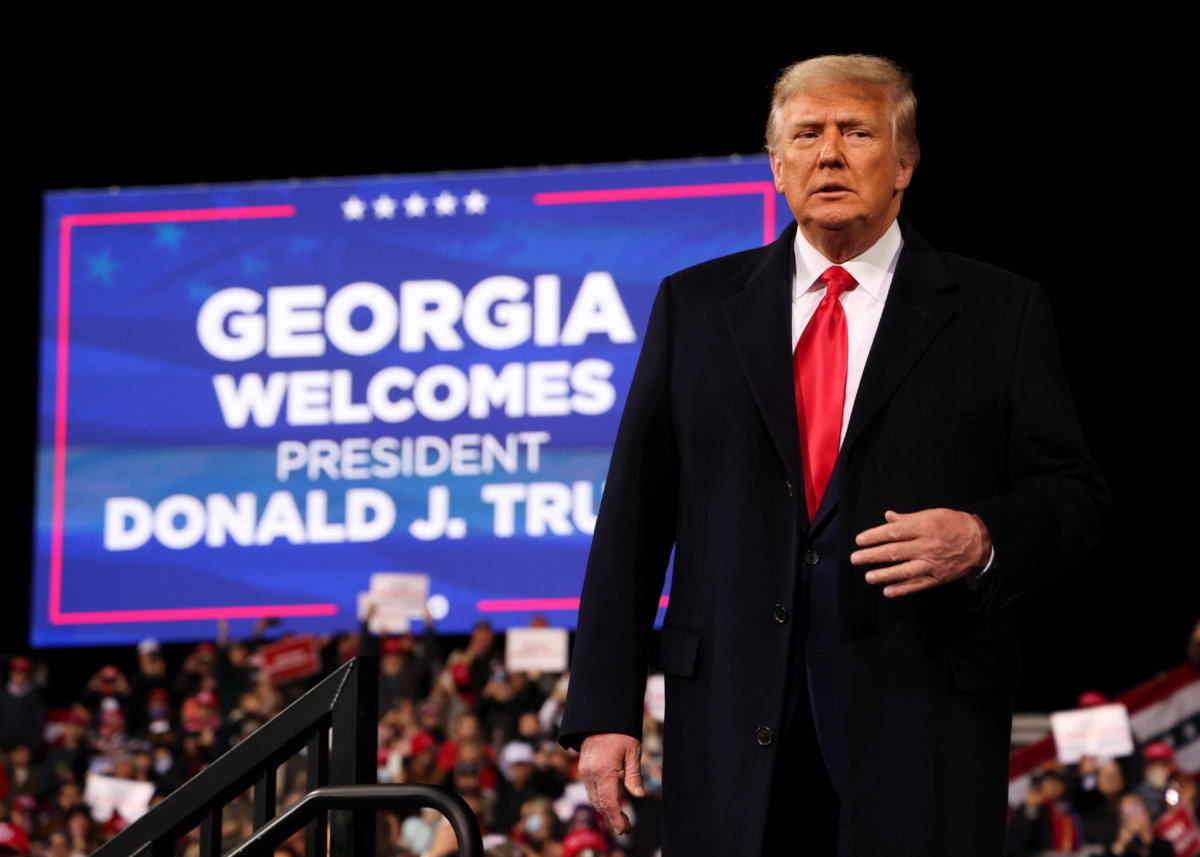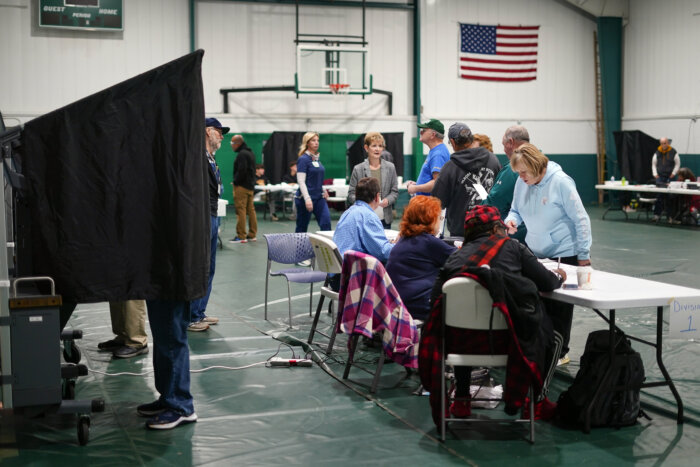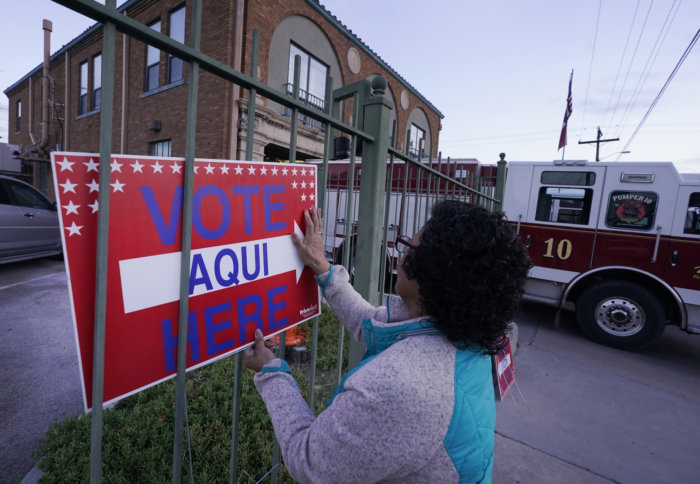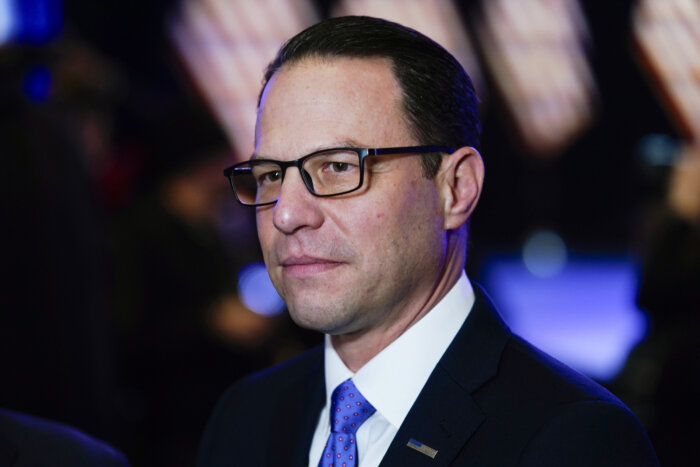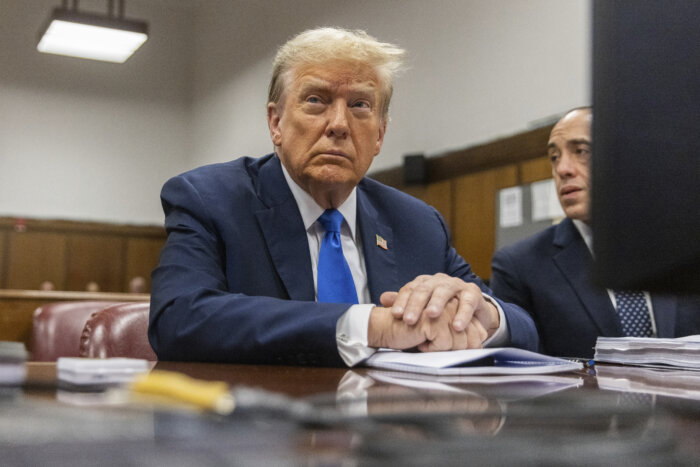By Jeff Mason
President Donald Trump campaigned in Georgia on Saturday for two Republican senators at a rally that some in his party feared could end up hurting, not helping, their chances by focusing on his efforts to reverse his own election defeat.
In his first rally appearance since he lost to Democrat Joe Biden in the Nov. 3 presidential contest, Trump urged the crowd to vote for Republican candidates in the Georgia runoff election on Jan. 5 despite his unsubstantiated claims of significant electoral fraud in the state.
But he gave considerable time in his remarks to allegations, made without evidence, of widespread fraud in the nationwide election that led to a Democrat reclaiming the White House. Trump has declined to concede the race.
“They cheated and they rigged our presidential election but we will still win it,” Trump said. “And they’re going to try and rig this election too,” Trump, a Republican, told the crowd, who chanted “Four More Years!”
The president repeated his attacks on Republicans who have refused to back his claims, including Georgia’s governor, Brian Kemp. Earlier on Saturday, Trump phoned Kemp and pressured the governor on Twitter to take further steps to help him overturn the election results.
Trump’s allegations of widespread voter fraud have been rejected by state and federal officials across the country, and his campaign’s numerous legal challenges have almost all failed.
Biden was the first Democratic presidential candidate to win in Georgia since 1992. Statewide recounts, including a painstaking review by hand of some 5 million ballots, turned up no significant irregularities.
The January runoffs pit two Republican senators, David Perdue and Kelly Loeffler, against well-funded Democratic challengers Jon Ossoff and Raphael Warnock, seeking to capture a state that has not elected a Democratic senator in 20 years.
The races will determine which party controls the U.S. Senate. Democrats, who already have the majority in the House of Representatives, need to win both seats to control the Senate. If Republicans win one seat, they will retain their majority and be able to block much of Biden’s legislative agenda.
Biden said he would visit Georgia to campaign for the Democratic candidates but did not give a timetable for his trip.
Governor Kemp did not attend the rally due to the death in a car crash of Harrison Deal, a close family friend of the governor and staffer for Loeffler. He had an active exchange with Trump on Twitter earlier in the day, however.
“I will easily & quickly win Georgia if Governor @BrianKempGA or the Secretary of State permit a simple signature verification … Why are these two ‘Republicans’ saying no?” Trump wrote on Twitter.
After Kemp responded that he had “publicly called for a signature audit three times,” Trump said that wasn’t good enough, and added in a second tweet that Kemp should immediately call a special session of the state legislature.
“Your people are refusing to do what you ask. What are they hiding?” Trump said.
In a move unprecedented in modern U.S. history, the Trump team has tried, without success, to get Republican-controlled legislatures in battleground states won by Biden to set aside the results and declare Trump the winner.
Biden won the election with 306 Electoral College votes – more than the 270 required – to Trump’s 232. The Electoral College will meet on Dec. 14 to formalize the outcome.
Trump told the Saturday rally his challenge was headed to the U.S. Supreme Court “very shortly,” without elaborating. Legal experts do not see a path to the nation’s highest court, however.
“Hopefully our legislatures and the United States Supreme Court will step forward and save our country,” he said.
Richard Hasen, professor of law and political science at the University of California, Irvine, said it was unclear what case Trump was referring to, but added: “I don’t think any of these efforts stand any chance of success.”
Trump’s penchant for making his political rallies largely about himself – and now, his claims that the U.S. electoral system was manipulated – had raised concerns among some Republicans that his appearance in Georgia could end up turning voters off or making them feel there is no point in voting.
Before the rally, Matt Towery, a former Georgia Republican legislator who is now a political analyst and pollster, said Trump could help if he praised the candidates, but warned:
“If he talks about them for 10 minutes and spends the rest of the time telling everyone how terrible Brian Kemp is, then it will only exacerbate things.”
Reuters



